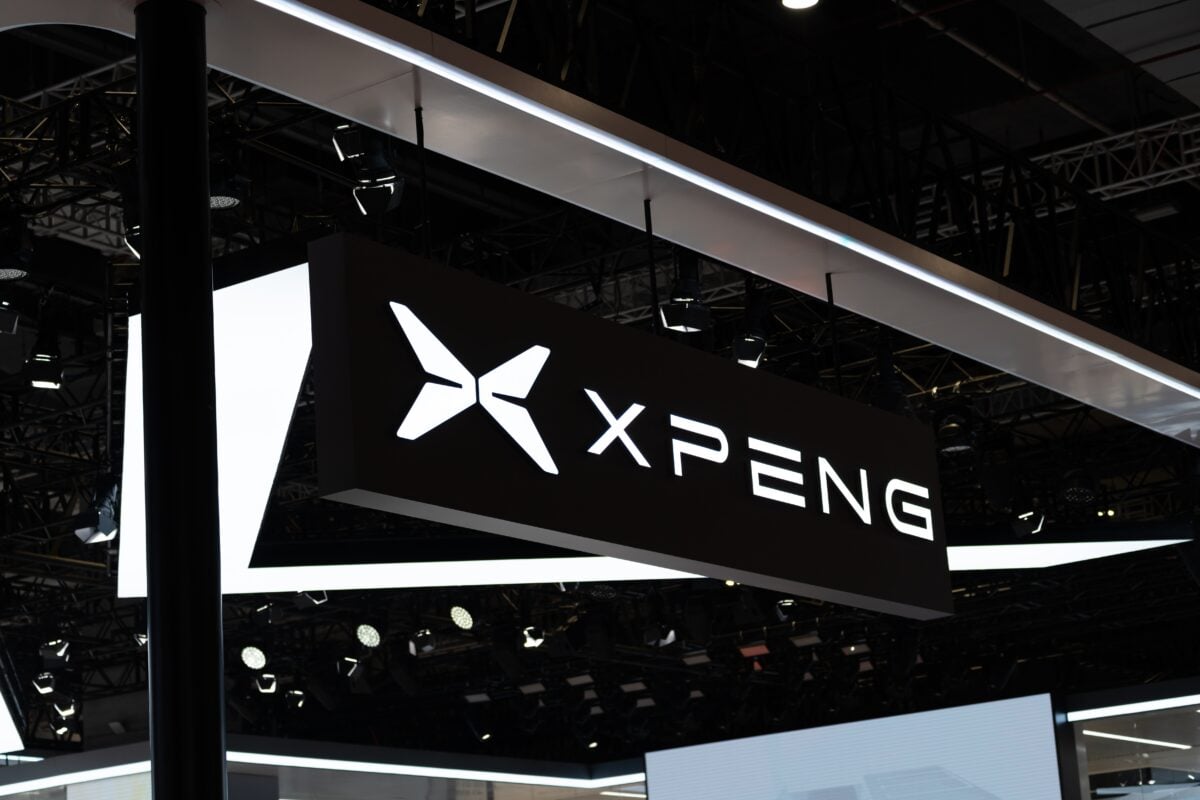TLDRs;
Contents
- Xpeng’s new G7 SUV boasts Level 3 autonomy powered by in-house Turing AI chips.
- Over 10,000 pre-orders were recorded within 46 minutes of launch.
- Competitive pricing undercuts Tesla’s Model Y and Xiaomi’s YU7 in China.
- Strategic tech partnerships and chip licensing expand Xpeng’s influence beyond vehicles.
Xpeng has set off a new wave of excitement in China’s electric vehicle (EV) market with the unveiling of its G7 SUV, a premium model powered by in-house artificial intelligence.
Introduced on July 3 in Beijing, the G7’s unique selling point lies not just in its sleek design or competitive price, but in the brain behind the wheel: Xpeng’s proprietary Turing AI chip.
Pre-orders for the G7 opened in June and generated a strong early response, racking up more than 10,000 orders within just 46 minutes. The launch places Xpeng in direct competition with Tesla’s Model Y and Xiaomi’s YU7, escalating the tech-driven rivalry in China’s premium EV sector.
AI Superiority as Xpeng’s Edge
The G7’s central innovation is its ability to support a large language model (LLM) with more than 30 billion parameters, powered by three custom Turing chips. Each chip delivers 750 trillion operations per second (TOPS), enabling the vehicle to process massive volumes of data in real time.
In total, the G7 harnesses 2,250 TOPS of computing power, which Xpeng claims outperforms current Nvidia automotive solutions.
This AI capacity underpins the G7’s standout feature, Level 3 autonomous driving capabilities. While drivers are still required to stay attentive and take control when needed, the vehicle can handle full self-driving under specific conditions. It’s a milestone in mass-market autonomy, positioning Xpeng ahead of many competitors in the race toward practical hands-free driving.
Pricing Below Expectations Amid Intensifying EV War
Xpeng’s aggressive pricing also plays a major role in the G7’s appeal. Originally expected to start at 235,800 yuan, the company surprised the market by pricing the base model at 195,800 yuan (around US$27,325), with the high-end variant capped at 225,800 yuan (US$31,600). This puts the G7 below Xiaomi’s YU7, which launched at a higher 253,500 yuan.
The move reflects how Chinese EV makers are increasingly clashing head-to-head, not just with Tesla but with one another. Xiaomi’s YU7 had a viral moment of its own, receiving over 200,000 pre-orders within three minutes of its launch in late June. Now, traditional players like NIO and Avita are offering incentives to lure buyers away from Xiaomi and Xpeng, heightening the pressure across the board.
Tech Partnerships and a Broader Vision
Xpeng isn’t just betting on chips and price. The company is investing around US$700 million annually in AI development and has already secured a deal to integrate its Turing chips into upcoming Volkswagen models for the Chinese market. This strategy could open new revenue channels and further solidify Xpeng’s role as a tech supplier, not just a carmaker.
The G7 also showcases additional smart features, including an augmented reality head-up display (AR-HUD) developed in collaboration with Huawei. This system overlays navigation and driving assistance graphics onto the real-world view through the windshield, enhancing both safety and driver experience.
A Defining Moment in EV Evolution
Notably, the launch of the G7 comes at a critical juncture as automakers grapple with the need to balance affordability, intelligence, and autonomy.
With proprietary chips, robust AI, and a price that undercuts its main rivals, Xpeng’s G7 signals a shift toward vertical integration and full-stack control in EV design.
For consumers, it represents not just another smart SUV, but a glimpse into how deeply AI is reshaping the future of transportation.


